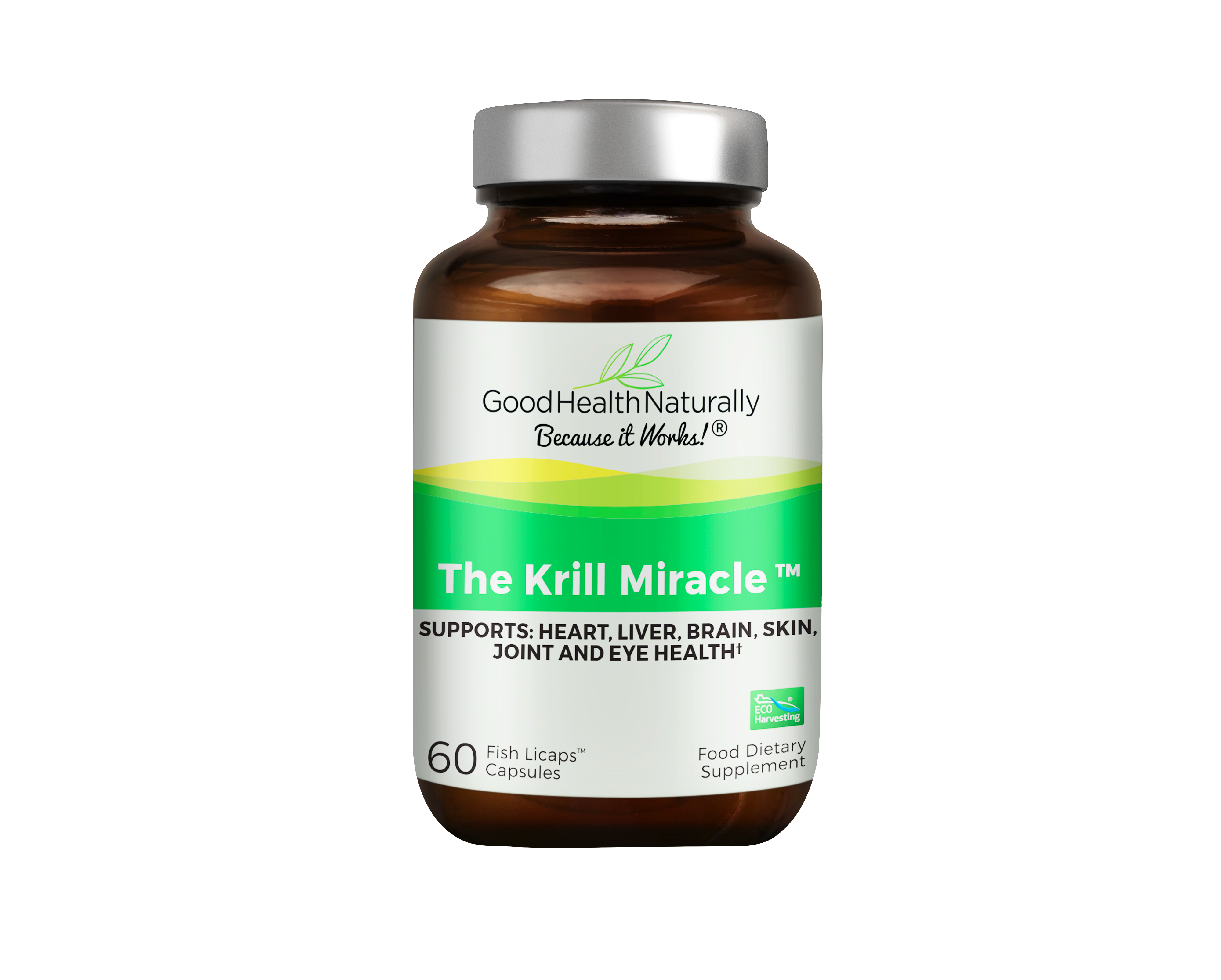Do you want to improve your heart health? Eating walnuts daily can boost good cholesterol, reduce blood pressure, decrease stress, and even increase energy levels! Regularly consuming walnuts also provides various long-term benefits for your overall well-being.
Now, a new study has highlighted the heart-healthy benefits of eating walnuts. Researchers from Texas Tech University and Juniata College conducted a study to analyse their impact on the gut microbiome – including its benefits for heart health. [1]
The study found that people eating walnuts contain higher levels of Gordonibacter bacteria, which is significant because it can support the human gut microbiota. Researchers then wanted to discover the link between gut health and heart health.
The researchers assigned diets to three groups, including one group that ate whole walnuts, and then tested biological samples from each participant.
Their findings showed that people who consumed a diet of walnuts had higher levels of the amino acid called L-homoarginine in their guts.
Research shows that people with lower levels of homoarginine are at higher risk for cardiovascular disease. The findings from these studies suggest that it is possible to improve heart health by making dietary changes that affect the gut.
What The Study Involved
In the study, researchers analysed data from 42 participants. The participants all had an elevated risk for cardiovascular disease.
The participants followed a traditional Western diet for two weeks. The researchers did a nutritional breakdown which included a 50% carbohydrate intake, 16% protein and 34% fats.
After this, participants’ gut microbiomes were analysed, and the participants were placed in one of three groups.
In the first group, ‘the walnut diet group’, participants ate 57-99 grams of walnuts – roughly 1 cup of walnuts.
The second group consumed the same amount of Omega-3 fatty acid Alpha-Linolenic Acid in walnuts without eating walnuts. This was known as the “matched walnut without control” diet.
The third group was recommended to supplement ALA with oleic acid – while not eating walnuts. This was called the “oleic acid replaces ALA in the diet without walnuts” group.
After the six-week diet period ended, researchers collected stool samples from the participants. They analysed the samples and conducted a genetic analysis of the gut microbiota from each group. They could determine whether there were higher or lower levels of certain bacteria.
What The Study Found
Researchers found higher levels of Gordonibacter bacteria in the walnut diet group. The Gordonibacter bacteria, as mentioned above, can support gut health.
Further research also discovered that a diet rich in walnuts contained higher levels of the amino acid L-homoarginine – which may help ward off the risk of heart disease.
Additionally, after six weeks on a diet, it was found that participants saw improvements in their dysbiosis index values – the ratio of bad bacteria to good bacteria.
While the participant study was small, results suggest that improving your risk of cardiovascular disease is possible by making dietary changes that impact gut health.
The researchers used an approach known as metatranscriptomics to study the gene expression of gut microbes. This recently developed technology quantifies gene expression levels and monitors how these levels shift in response to various conditions, such as dietary changes.
The Importance of Omega-3 Fatty Acids For Heart Health
Walnuts are a good source of antioxidants and Omega-3 essential fatty acids. Just a handful of walnuts alone contains approximately 2.5 grams of plant-based Omega-3 ALA – so this can be a great way to ensure you’re getting enough Omega-3s into your diet.
Research shows that Omega-3s are essential for reducing triglycerides, a type of fat in your blood. They also reduce the risk of developing an irregular heartbeat (arrhythmias).
Omega-3s can also help reduce build-up plaque, a substance comprising fat, cholesterol, and calcium that hardens and blocks your arteries. [2]
By taking Omega-3 fatty acids, you can support your heart health. However, eating walnuts alone may not be sufficient to meet your daily Omega-3 requirements.
We recommend Krill Oil, for example, because it provides ultra-pure Omega-3 fatty acids that can support the body’s anti-inflammatory processes.
In particular, Krill Oil is recommended for joint health, normal immune function, cardiovascular health, brain function, and skin health, amongst its many benefits.
References:
[1] https://www.earth.com/news/walnuts-improve-heart-health-by-altering-the-gut-microbiome/
[2] https://pubmed.ncbi.nlm.nih.gov/25720716/#
Recommended Examples
The Krill Miracle™
The Krill Miracle™ – Ultra-pure omega-3 fatty acids formulated to promote wellness and longevity. It contains high-strength DHA/EPA, supporting anti-inflammatory processes while maintaining normal cholesterol lipids. It may aid brain health, cardiovascular health, eye health, joint mobility, skin health and liver health. 60 Fish Licaps Capsules.
Vitamin E Tocotrienols
Vitamin E Tocotrienols – Provides 100% natural tocotrienols and tocopherols for potent antioxidant support. It may help scavenge highly reactive free radicals and play an essential cellular respiration role. Vitamin E has numerous benefits for reproductive health, red blood cell function and immune system function. Vitamin E supports nails, skin and hair, cardio health, cholesterol levels, immune system function, and heart, brain and digestive health. Suitable for vegetarians and vegans. 60 vegetable capsules.







